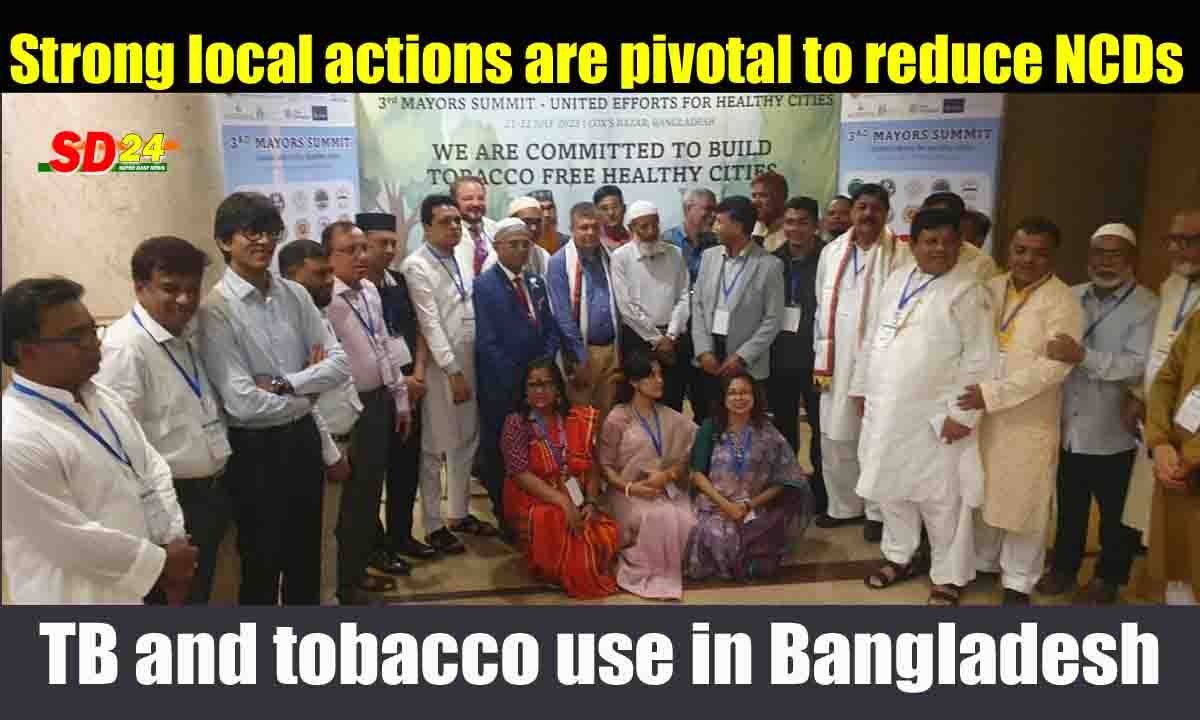Why do we not check our blood sugar after 30 minutes after a meal? Why is blood sugar only checked after 2 hours after a meal?
Blood sugar levels are typically checked after 2 hours following a meal because it allows for adequate time to observe the body’s response to the food consumed. During digestion, carbohydrates from the meal are broken down into glucose, which enters the bloodstream. After 2 hours, blood sugar levels should stabilize, reflecting how effectively the body has processed the glucose. This timing provides a more accurate assessment of postprandial (after-meal) glucose levels and helps in diagnosing conditions like diabetes or impaired glucose tolerance. Checking blood sugar after just 30 minutes may not provide sufficient time for the body to fully metabolize the meal and could lead to inaccurate readings.
Arazo Nutrition Blood Sugar 365 Supplement
Understanding Blood Sugar Monitoring After Meals: Timing and Importance
Discover why blood sugar is commonly checked after 2 hours following a meal in place of just half-hour. Explore the motives in the back of this timing and its significance in coping with blood glucose stages. Read on to gain insights into effective blood sugar tracking strategies.
Why is Blood Sugar Checked After 2 Hours after a Meal?
Monitoring blood sugar stages is a essential thing of handling diabetes and maintaining universal health. However, you could have wondered why healthcare specialists typically suggest checking blood sugar stages hours after a meal as opposed to just 30 minutes. In this text, we are able to delve into the reasons behind this timing and why it’s far vital for powerful blood sugar control.
Understanding Postprandial Blood Sugar:
After a meal, your frame digests carbohydrates and breaks them down into glucose, which enters the bloodstream. This leads to a upward thrust in blood sugar degrees, called postprandial or publish-meal blood sugar. Monitoring those tiers is essential for individuals with diabetes to ensure that glucose stays within a goal range.
Why Check After 2 Hours?
The -hour mark is usually selected for postprandial blood sugar tracking for numerous reasons:
Glucose Absorption: It takes time for the body to absorb and procedure the glucose from the food you’ve got fed on. Checking blood sugar too quickly after a meal may not provide an correct mirrored image of how your frame is managing the carbohydrates.
Peak Glucose Levels: Two hours after a meal is frequently when blood sugar ranges top for most people. This timing permits for an accurate evaluation of ways well your body is regulating glucose and how efficiently insulin is working.
Medical Guidelines: Healthcare experts and diabetes agencies typically propose tracking blood sugar after two hours following a meal to align with installed hints and research-based practices.
Premium Blood Pressure Support Supplement by PurePremium with Hawthorn, Hibiscus & …….
Significance for Diabetes Management:
Checking blood sugar levels after hours affords valuable information for dealing with diabetes:
Treatment Adjustments: By tracking blood sugar tiers at the 2-hour mark, people with diabetes can determine if their modern remedy plan, such as medicine or insulin doses, is successfully controlling their blood sugar. This statistics allows healthcare companies make important modifications to optimize glucose management.
Identifying Patterns: Regular tracking after food lets in you to identify styles and trends in your blood sugar response to one-of-a-kind foods, portion sizes, and meal compositions. This expertise empowers you to make informed nutritional selections and adjust meal plans as a result.
Preventing Complications: Postprandial hyperglycemia (excessive blood sugar after meals) can make contributions to long-time period complications related to diabetes. Regular tracking after food enables perceive and deal with ability blood sugar spikes, decreasing the danger of complications inclusive of cardiovascular sickness, nerve damage, and kidney problems.
Weight Loss, 10 Easy Ways: Simple and Effective Tips for Weight Loss
Effective Blood Sugar Monitoring Strategies:
To correctly screen blood sugar stages after food, do not forget the subsequent techniques:
Consistency: Aim for regular meal timing and element sizes to establish a dependable routine for blood sugar tracking.
Food Journaling: Keep a report of your food, together with the types and amounts of carbohydrates consumed. Note your blood sugar ranges hours after every meal to identify patterns and make modifications accordingly.
Collaborate with Healthcare Professionals: Work carefully with your healthcare group to set up goal blood sugar levels and acquire steerage on medicine modifications, nutritional modifications, and way of life adjustments.
While checking blood sugar stages after 30 minutes may offer a few on the spot insights, tracking after two hours following a meal offers a greater correct evaluation of postprandial blood sugar degrees. This timing lets in for a better know-how of how your body strategies glucose and allows manual treatment choices for powerful diabetes control. By incorporating everyday blood sugar monitoring after food into your habitual and taking part with healthcare experts, you could gain treasured insights into your blood sugar manage and make informed selections to support your usual health and well-being.
Excessive blood sugar signs and symptoms
High blood sugar, additionally known as hyperglycemia, takes place when there may be an excessive amount of glucose in the bloodstream. It is in the main related to diabetes, both kind 1 and sort 2. Recognizing the signs of excessive blood sugar is essential for well timed intervention and management. Here are some commonplace symptoms to be privy to:
Increased thirst: Experiencing excessive thirst, even after consuming an adequate quantity of fluids, is a common symptom of high blood sugar. The body attempts to compensate for the accelerated glucose levels by means of increasing fluid consumption.
Frequent urination: High blood sugar can cause multiplied urination as the kidneys try to do away with excess glucose from the bloodstream. This symptom is often observed by means of the need to urinate for the duration of the night.
Fatigue and weakness: When blood sugar ranges are high, the body’s cells might not get hold of enough glucose for energy. This can bring about emotions of fatigue, weakness, and a preferred loss of strength.
Blurred vision: High blood sugar stages can affect the lens in the eye, main to brief adjustments in imaginative and prescient. Blurred vision is a common symptom that commonly resolves once blood sugar stages are below control.
Increased appetite: Some people may additionally enjoy an boom in urge for food whilst their blood sugar tiers are high. This may be due to the frame’s inability to well make use of glucose for energy.
Unexplained weight reduction: Despite elevated appetite, excessive blood sugar can motive accidental weight reduction. This occurs whilst the body is unable to apply glucose successfully, leading to the breakdown of muscle and fat for strength.
Slow wound restoration: Elevated blood sugar stages can impair the frame’s ability to heal wounds. Minor cuts, scratches, or sores can also take longer to heal than traditional.
Dry mouth and itchy skin: High blood sugar can purpose dehydration, leading to a dry mouth and dry, itchy pores and skin.
Recurring infections: When blood sugar stages are constantly excessive, it may weaken the immune gadget, making people more susceptible to infections. Common infections include urinary tract infections, yeast infections, and pores and skin infections.
Mental confusion: In intense instances, excessive blood sugar can affect cognitive feature, leading to confusion, issue concentrating, and even loss of awareness. This is extra generally seen in individuals with very high blood sugar stages or diabetic ketoacidosis (DKA).
It is vital to notice that those signs can also range from man or woman to man or woman, and a few people may not experience any symptoms at all. If you have got diabetes or suspect you could have high blood sugar, it’s far crucial to reveal your blood sugar stages regularly and consult with a healthcare professional for appropriate control and treatment.




Thanks for sharing. I read many of your blog posts, cool, your blog is very good.
Your point of view caught my eye and was very interesting. Thanks. I have a question for you.
Can you be more specific about the content of your article? After reading it, I still have some doubts. Hope you can help me. https://www.binance.com/en-IN/register?ref=UM6SMJM3